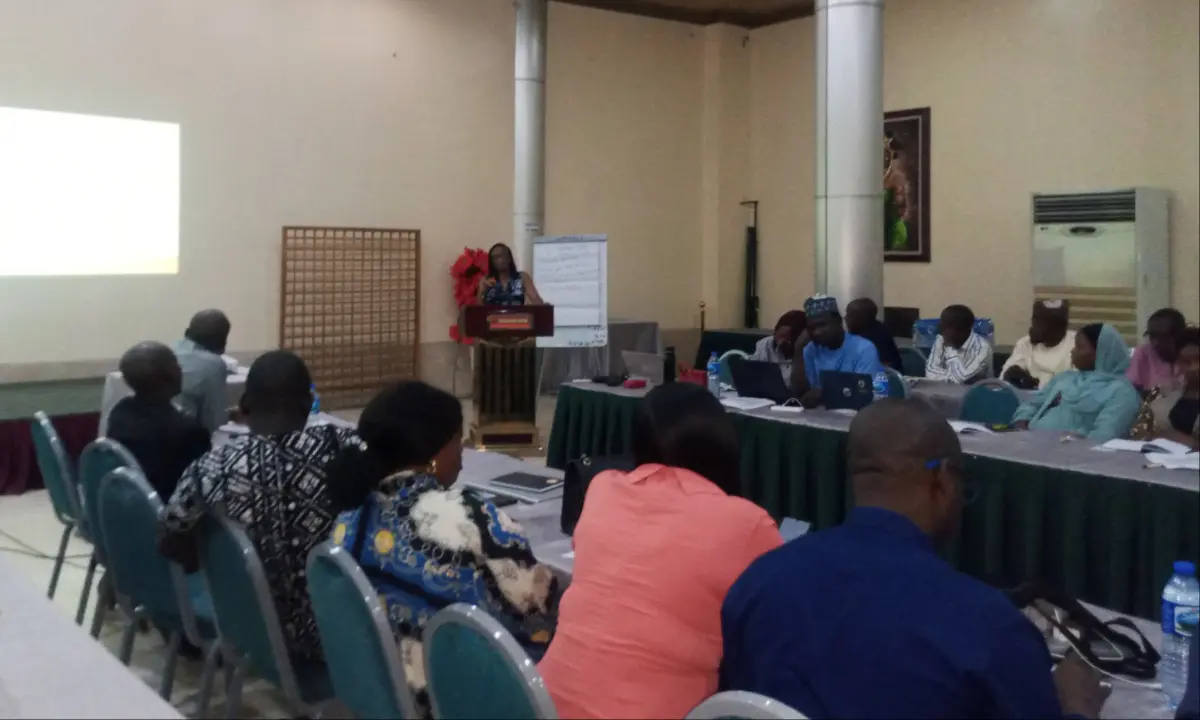Abiodun Baiyewu, Executive Director of Global Rights, has linked unlawful mining to the recent wave of unrest in the nation’s northwest.
At a two-day seminar on mining and host community rights in Nigeria for around forty journalists, Baiyewu made this statement on Tuesday in Abuja.
In a presentation on the relationship between mining and insecurity in Nigeria, Baiyewu stated that the majority of mining operations there are unregulated, which has increased instability and forced many people from their ancestral homes.
According to a recent poll, 94.8 percent of respondents said that mining operations in their areas had a negative impact on the environment, health, insecurity, and the local economy.
“87.7% of respondents think that illegal mining encourages criminal activity and could provide money for terrorists.” Illegal weaponry and the exploitation of women for criminal purposes are the results of uncontrolled artisanal mining in Northern Nigeria.
Baiyewu made the observation that, despite the wealth created by their resources causing discontent, communities that host mining operations typically experience economic marginalization.
“High levels of poverty and unemployment in mining regions contribute to the allure of artisan mining,” the activist claims. Conflicts over access to these vital resources arise as a result of the degradation of land and water resources, which exacerbates already-existing vulnerabilities.
“Foreign interests and politically connected individuals frequently work together in illegal mining ventures that result in the establishment of criminal networks that exploit mineral resources and finance banditry and other violent acts.”
The Executive Director of Global Rights continued, “There is a gap in Nigeria’s regulatory framework that encourages illegal mining.” The absence of enforceable legislation and trustworthy geological data has encouraged illegal mining, which has raised insecurity in Nigeria.
“We must strengthen our regulatory framework, improve community engagement, fund mining regulations more, support the Nigeria Security and Civil Defence Corp, promote sustainable artisanal mining, implement environmental regulations, foster international cooperation, public awareness campaigns and alternative livelihoods, improve data collection and research, and strengthen law enforcement training in order to stop illegal mining, which will lead to a reduction in insecurity.” Baiyewu continued.
